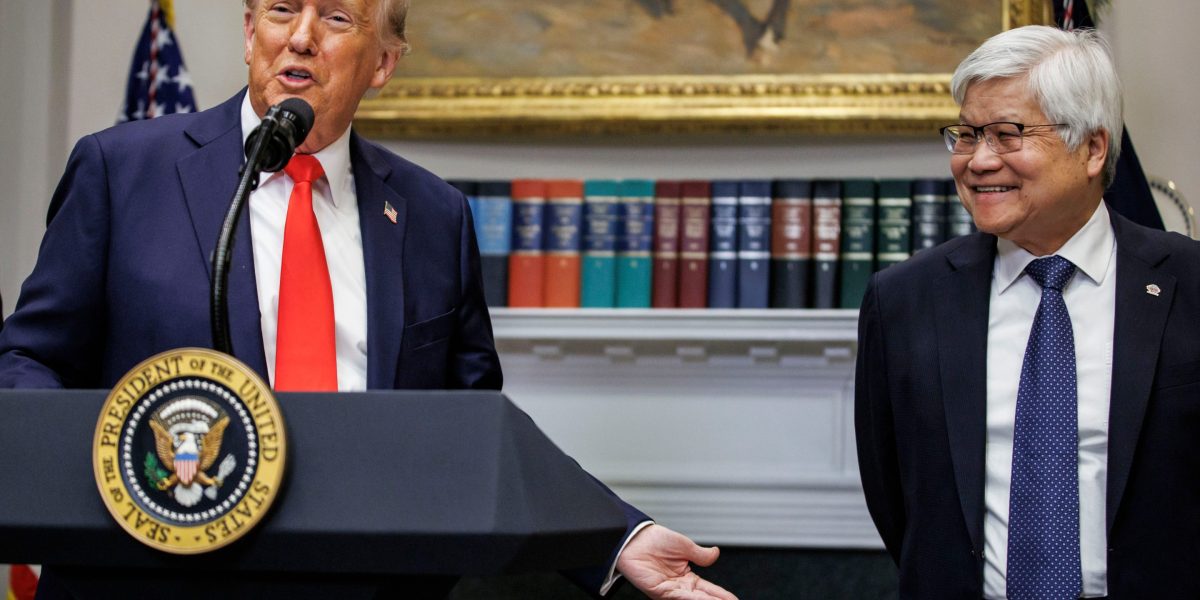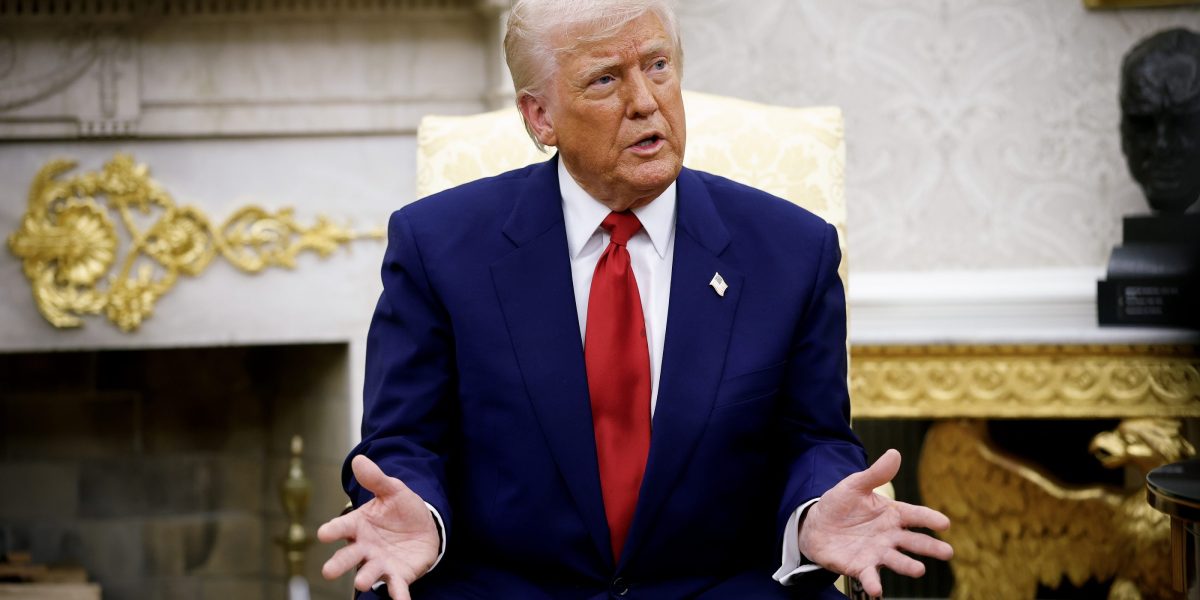The “world as we knew it” is over, UK Prime Minister Keir Starmer said Sunday, as the world braced for further fallout from the introduction of US tariffs.
US President Donald Trump’s announcement of sweeping tariffs on Wednesday shows that “old assumptions can no longer be taken for granted,” Starmer said in a op-ed for the Sunday Telegraph newspaper.
“The world as we knew it has gone,” he wrote, floating the possibility of the state stepping in to protect British businesses from the tariffs’ fallout.
The new world will be governed less by established rules and “more by deals and alliances”, added the prime minister.
The tariffs have already sent markets into a tailspin, and all eyes will be on Monday’s opening with Trump warning Americans of pain ahead.
“This is an economic revolution, and we will win,” the Republican president wrote on his Truth Social platform on Saturday. “Hang tough, it won’t be easy, but the end result will be historic.”
Trump’s 34 percent tariff on Chinese goods is set to kick in next week, triggering Beijing’s announcement of a 34 percent levy on US products from April 10.
The European Union and Japan are also among around 60 trading partners set to face even higher rates on April 9, raising fears of recessions in some of the world’s leading economies.
Wednesday’s announcement has sent countries scrambling for a response, and Zimbabwe President Emmerson Mnangagwa said Saturday that he would suspend all tariffs on goods imported from the United States after being hit with an 18 percent levy.
State intervention
The UK has so far got off relatively lightly with a 10 percent tariff, and Starmer wrote on Sunday that the country’s response “demands the best of British virtues — cool heads, pragmatism and a clear understanding of our national interest”.
He later spoke with international leaders including European Commission President Ursula von der Leyen and German Chancellor Olaf Scholz.
Starmer told them that “it would be important for the UK to strengthen its trading relationships with others across the globe”, according to a readout of the call released by his Downing Street office.
In his op-ed, the UK leader reiterated his government’s belief that “nobody wins from a trade war” and that the immediate strategy was “to keep calm and fight for the best deal.”
However, he insisted a US trade deal will only be struck “if it is right for British business” and that “all options remain on the table” in responding to the tariffs.
The new levies mark “the most sweeping tariff hike since the Smoot-Hawley Tariff Act, the 1930 law best remembered for triggering a global trade war and deepening the Great Depression”, said the Center for Strategic and International Studies.
In an immediate sign of the fallout, UK luxury car manufacturer Jaguar Land Rover said on Saturday that it will “pause” shipments to the United States in April as it addressed “the new trading terms”.
Recognising the shifting global economic sands, Starmer said that he was now prepared to use direct state intervention to protect certain sectors.
“This week we will turbocharge plans that will improve our domestic competitiveness,” he wrote, ahead of an expected major announcement on industrial strategy.
“We stand ready to use industrial policy to help shelter British business from the storm.
“Some people may feel uncomfortable about this… but we simply cannot cling on to old sentiments when the world is turning this fast,” he added.
This story was originally featured on Fortune.com
Source link


 Entertainment8 years ago
Entertainment8 years ago
 Politics8 years ago
Politics8 years ago
 Entertainment8 years ago
Entertainment8 years ago
 Entertainment8 years ago
Entertainment8 years ago
 Tech8 years ago
Tech8 years ago
 Tech8 years ago
Tech8 years ago
 Tech8 years ago
Tech8 years ago
 Politics8 years ago
Politics8 years ago






